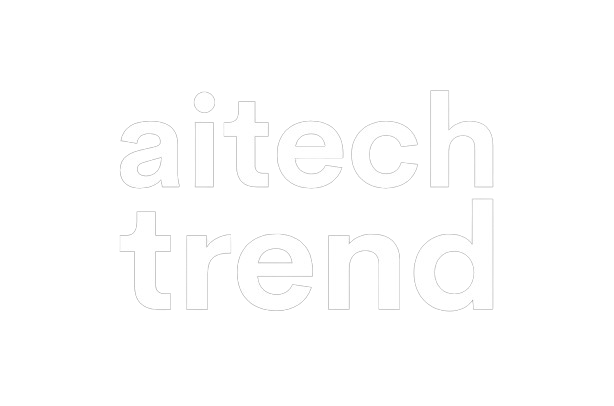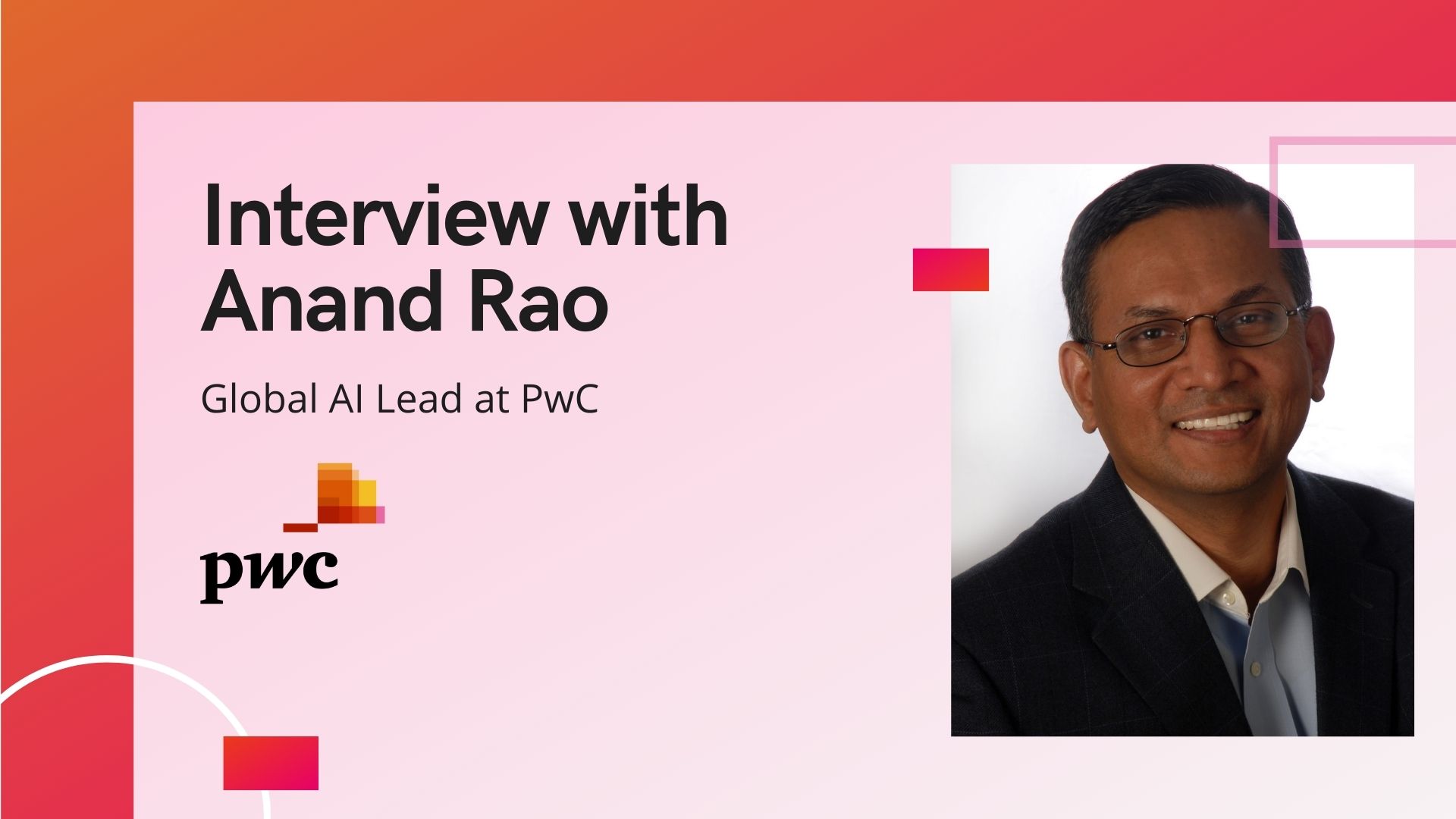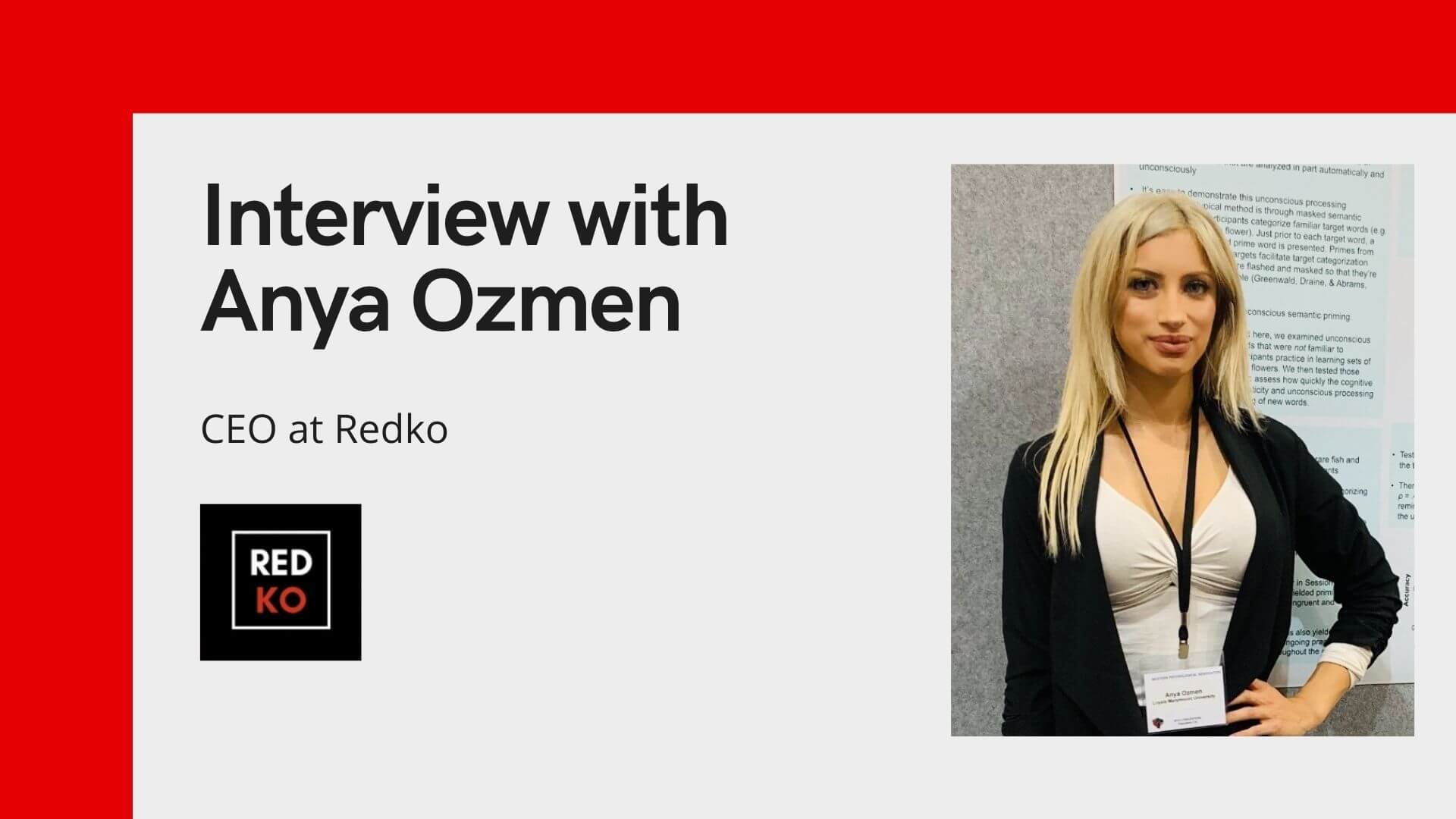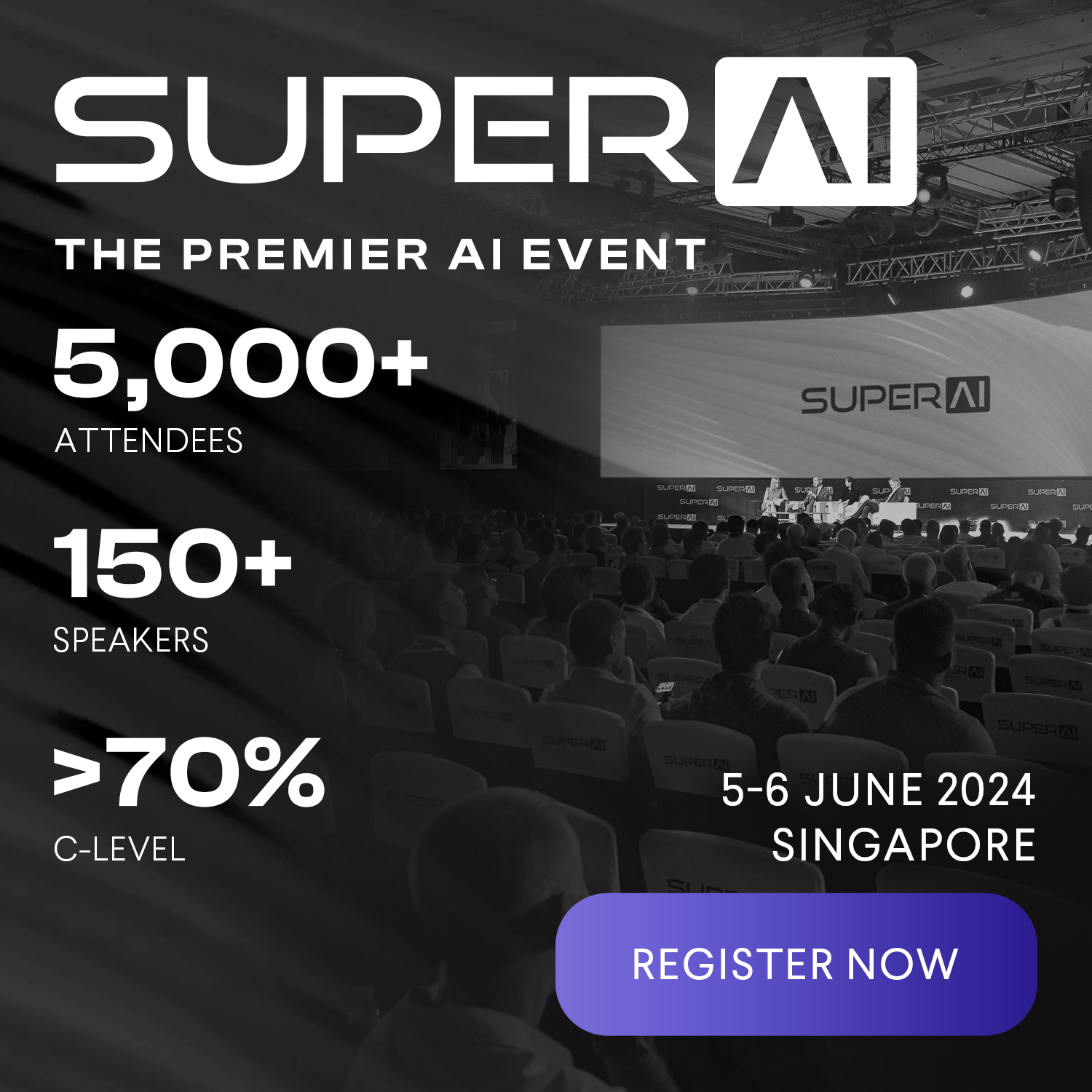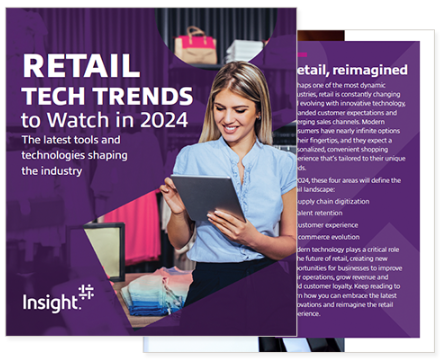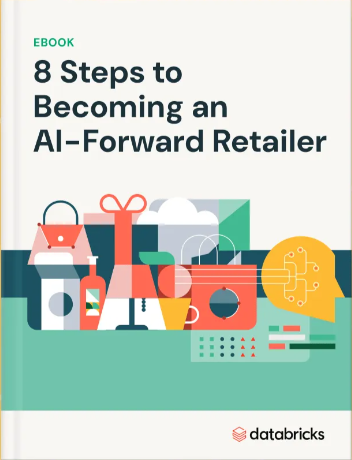Can you tell us about your role at PwC?
I have a lot of roles at PwC, but at the core, I help clients make the world around us better through AI and data analytics. Recently, this has included building machine learning models to predict COVID infections and figuring out how to keep workers safe in offices. By collaborating with academics, universities, and startups all over the world, I help take AI from an idea, theory, or statistic and turn it into an implementable product, solution, or strategy.
As PwC’s Global AI Lead, I lead our AI efforts globally. I lead our AI and Emerging Technology group within our Products & Technology business unit and am also a Partner in our Cloud & Digital platform focused on Analytics Insights. In these roles, I lead a team of practitioners who work with C-level executives around the world, helping businesses transform through data analytics, customer experience, and growth and digital strategies.
Throughout my work, I support numerous initiatives, from consulting for our diverse client base to driving a broad range of digital and business transformations. My teams take on a holistic approach to find business solutions and new opportunities for our global clients.
Can you tell us about your journey into this market?
My journey into artificial intelligence and consulting is broken into three parts: a period of academia and core AI technology working as the Chief Research Scientist for the Australian Artificial Intelligence Institute and working on projects for DARPA, NASA, and the Australian Defense forces; an era of strategy consulting and business development after my MBA; and around the time of the Great Recession, I rejoined the AI wave focusing on business applications and transformations. For over a decade now, this has been my area of expertise and practice. Throughout each experience, it’s been enlightening to connect the dots between AI, big data analytics, and my experience in the business world. I found that my experiences and knowledge brought something unique and grounded to AI consultancy.
It’s interesting looking back on where I started. I began my experience with computer programming without a computer at all. I wrote letters back and forth to my cousin, who taught me Fortran through them.
How does PwC use AI to tackle data problems?
We address our own data challenges and our clients’ by bringing together multiple disciplines and bodies of expertise, including within AI, analytics, and business strategy to find a solution. Then we ensure all employees are taught the skills needed to address new challenges.
Let me give you an example. At PwC we created a platform called Digital on Demand. It houses digital assets, like AI and automation tools, that can help our teams work faster and smarter. Over 7,500 tools have been used over 25 million times, automating over 7 million hours of work for PwC employees. Now, the 250 most popular tools are available to our enterprise clients, and our Digital on Demand library is constantly evolving. The key here is that the tools in Digital on Demand were created by employees who we’ve taught AI and automation skills. They’re continuously identifying new challenges and updating the platform with new tools.
It’s not enough to just give businesses AI. We need to guide them on how to reshape their data priorities and upskill their workforces so they can address new data problems and identify new insights.
Why is Responsible AI Important?
Responsible AI is the way to mitigate AI’s risks. With enterprises implementing digital transformation across the board at rapid rates, it is vital that companies responsibly build their technology. Not only does this improve privacy and governance and limit bias, but it also gives early adopters a competitive edge among main market players. Implementing responsible AI is critical to business success both for the short and long term. Yet PwC’s AI Predictions report found only about one-third of executives surveyed planned to make AI more explainable, improve its governance, and reduce its bias. That’s not enough.
In the 21st century, responsible AI is critical. We’re seeing firsthand that AI can be harmful if we don’t ensure proper checks and balances. For instance, some facial recognition algorithms in correcting identify people of color and some social media algorithms improperly filter comments and content. While executives might overlook integrating a responsible AI framework into their “boring” use cases, it’s vital to start building that infrastructure and process now for more elaborate, interesting uses of AI later.
How Cognitive Computing and Augmented Intelligence Is Changing The Data-Driven World
It used to be incredibly difficult to share data or even amass enough data to train algorithms. I used to spend a year parsing data. Now, we can parse information with one line in Python, NLTK, or the language of your choice. Innovations with programming and the cloud have created a groundswell of interest in data and its applications. Cognitive computing and augmented intelligence are increasing productivity at a macroeconomic level, with new startups constantly launching. All this interest is going to lead to more discoveries, more efficiency, and more applications.
What breakthroughs in the AI/ML space are you most looking forward to from a technology perspective?
Even though I’ve spent the last 35 years of my career studying AI, AI itself is still cutting edge, changing, and advancing every day. Right now, is the most exciting time to be at the center of it as 25% of businesses report widespread AI adoption. These companies are reaping the benefits of efficiency and productivity with better customer experiences and improved decision-making. While AI will no doubt contribute significantly towards automating tasks, improving productivity, and making more efficient decisions – most of the applications of AI are in the realm of tactical or operational decision making. We have been working on using AI for strategic decision-making to model and explore disruptive strategies. I am interested in finding new approaches to solving strategic problems for markets and products that are brand new and for which we do not have any historical data. The use of system dynamic models, agent-based or digital twin simulations, life-long learning, and reinforcement learning for strategic decision making, and synthetic data generation are some of the areas that our teams are working on. I believe we need new ways of thinking to develop ‘continuously learning’ systems that can operate responsibly and robustly with little to no data, but with a causal model.
What are you learning right now?
I am currently learning on different aspects of ‘trust’, how to model trust at the individual, institutional, and political level to explore different strategies for building and maintaining trust. I am looking at it from both the environmental and social aspects. I am exploring building causal models of trust that can be used to evaluate different company-level, industry-level, and global strategies for sustainable and equitable development. PwC’s new Trust Institute will educate business stakeholders on different aspects of trust and also surface some of the key issues and solutions as it relates to building trust with society.
Do you have some final thoughts?
AI has a long reputation of ‘over-promising’ and ‘under-delivering’. We are once again at the peak ‘hype’ cycle with several unreasonable expectations from businesses that have been fueled by the hype. AI is in the early stages of business adoption and taking a more measured and thoughtful approach to augmenting human decision-making is desirable. A human-centered and responsible approach to AI is likely to pay long-term dividends. In addition, several scientific and engineering disciplines need to come together to enable the full exploitation of ‘narrow AI’ while the scientific community continues to research Artificial General Intelligence.
Anand Rao Bio
I am a Partner in PwC Advisory, with over 32 years of experience in the industry and in research. I lead our Artificial Intelligence efforts globally and am the Innovation Lead for the Emerging Technology Group. I am responsible for a team of practitioners who work with C-level executives, advising them on a range of topics including global growth strategies, marketing, sales, distribution and digital strategies, behavioral economics and customer experience, risk management, and statistical and computational analytics. My experience spans primarily financial services, insurance, telecommunications, and healthcare. I have lived and worked at clients in Asia, Australia, Europe, and Americas.
PwC Bio
PwC provides professional services across two segments: Trust Solutions and Consulting Solutions. Within these segments, they bring a range of capabilities to help organizations solve faster, solve more and realize more value. These capabilities include cloud and digital, deals, ESG, cybersecurity and privacy, governance/boards, risk, transformation, tax services, and much more. Across our global network of more than 284,000 people in 155 countries, we are committed to advancing quality in everything we do.
